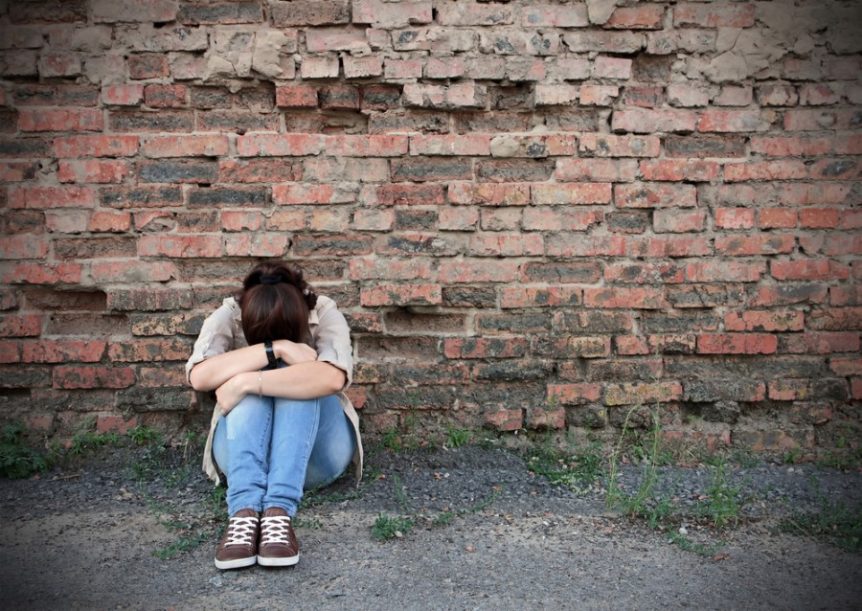“Sticks and stones will break my bones but words can never hurt me”. It’s an old and well-known saying, but is it really true?
In reality, violence and abuse known as domestic offences go far from being physical. Psychological research has identified that non-physical abuse can lead to severe and long-term damages. Emotional abuse is harder to measure than a physical injury, but it often leaves deeper scars than physical violence.
In mid-2012, changes were made to Australia Family Law Act to reflect this reality. These changes expanded the definition of “domestic violence” to cover more than just physical harm.
What Counts as “Non-Physical” Abuse?
Non-physical abuse can take many forms, including sexual, emotional, psychological, verbal and financial abuse, as well as property damage and social isolation.
Examples include denying a family member financial independence, withholding money they need to meet reasonable living expenses, or preventing a person from maintaining contact with family, friends or their culture. Stalking and cruelty to pets are also examples of non-physical abuse.
Attorney-General George Brandis launched the National Domestic and Family Violence Bench Book in August 2016. This aims to provide practical information on domestic and family-related violence court cases. It covers emotional and psychological abuse, as well as social, economic, cultural and spiritual abuse, in addition to physical violence.
The “social abuse” chapter provides several examples of domestic violence, describing how perpetrators acted in non-physical ways, such as “putting down my physical appearance”, “criticising the way I took care of the house”, “becoming upset if household chores were not done”, “jealousy or suspicion of my friends and other men”, “accusing me of having an affair” or “turning my family against me”.
Claiming against Non-Physical Violence
Your legal options for non-physical abuse fall under the umbrella of domestic violence and should be reported to the police.
The police can help you apply for an Apprehended Violence Order (AVO) for protection. They also have the power to exclude the violent person from the house if necessary. Depending on the situation, the police may charge the violent person with assault.
Looking for lawyers in Wollongong?
If you need information and advice on domestic violence or criminal law offences in Wollongong or applying for an AVO, talk to our criminal or family and divorce lawyers in Wollongong.
For reliable, responsive and personalised legal advice, get in touch with Wollongong Lawyers and make an appointment with one of our highly skilled and professional team members.
Contact us via email at dgb@dgblaw.com.au or through our online contact form.
Alternatively, you can call and speak to Wollongong lawyers and visit our offices:
96 Kembla Street, Wollongong,
NSW 2500
Ph. (02) 4229 5699

